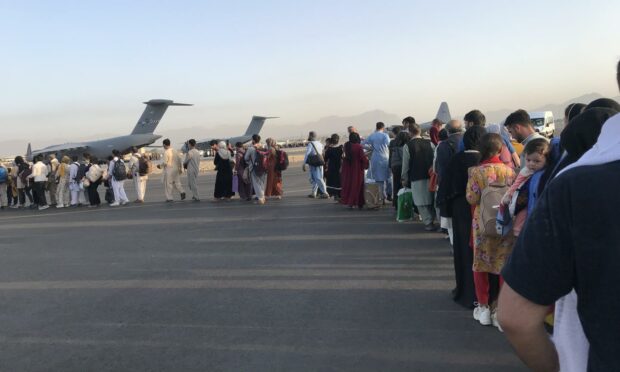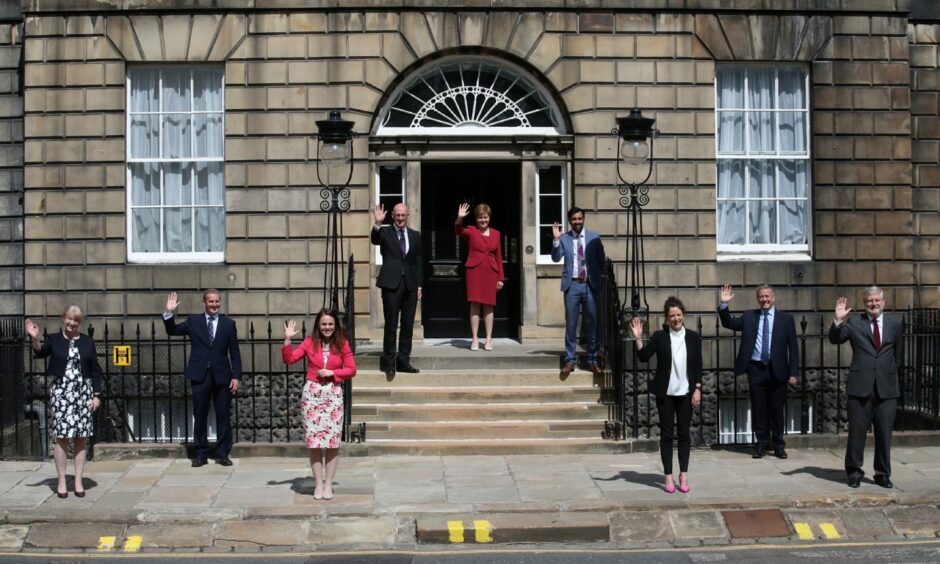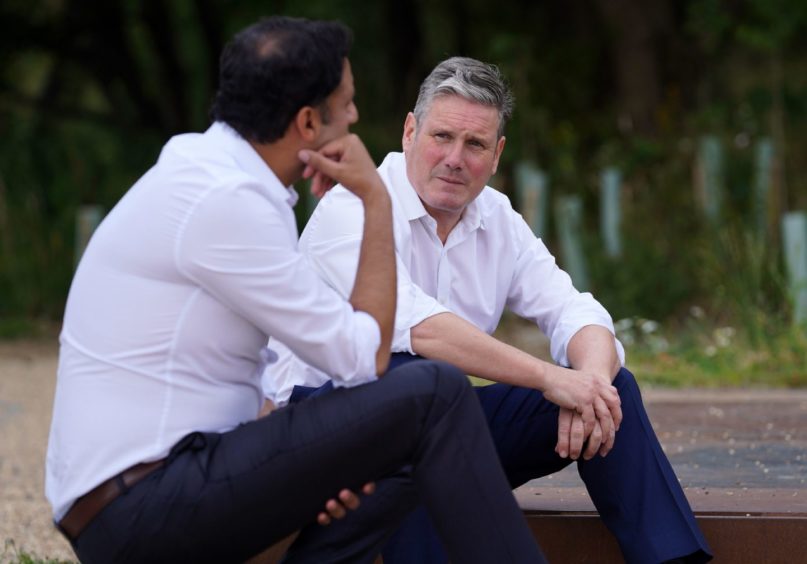What’s the point of government? Society should be organised and led, sure, but the current model of democracy – what good does it serve?
Scanning the news, you see competing trends.
On the one hand, democracy is a western value and the kind of thing betrayed by our abandoning of Afghanistan. On the other, we have a dreary job lot of unimpressive people in charge who do things like quit Kabul.
What is on its knees and desperate for help, like the people at the gates of the airport, is democratic governance. Westerners yearn for salvation, knowing it may never come.
Climate change is the biggest issue facing humanity. Our way through it lies in the rapid shift to a low carbon society. That means electric cars and insulated houses.
As COP26 approaches, governments will boost the idea of the battery driven future. But how many of us really believe it’s going to happen? And are the greatest doubters in government?
You win elections by staying in the middle of the road
Take the row over new roads. The SNP promised to upgrade the A96 and the A75. The Greens object.
Transport is an area where we have to reduce emissions to meet our climate targets, also an area to tackle inequality. The Scottish Govt target of reducing traffic by 20% can be met by improved and cheaper public transport and investment in active travel infrastructure. https://t.co/7sXAqFhnAy
— Lorna Slater (@lornaslater) August 23, 2021
Both party leaderships and all officials know the huge carbon cost of roads. They also know that self-driving, electric cars will overcome existing road limitations by organising vehicles to travel in better order and at steady speeds.
If the future is electric cars, we don’t need new roads.
But we are governed by people who like to be in government. They fulfill that wish by winning elections, which are superficial exercises in popular opinion.
You win them by staying in the middle of the road – in this case, literally.
Democracy leads to loyalty and zombies
The check on frivolous campaign pledges is a democratic chamber of representatives, there to defend the people.
But no parliament in the west really does that. Party loyalty, cheap ambition and zombie candidates don’t challenge the government.
The consequence is leaders who don’t believe in much (Boris Johnson) or in the case of Nicola Sturgeon, those who govern unchallenged, supported by dull supplicants who mean well.
The energy, verve and independence which makes for remarkable politicians is vetted out by party leaderships who don’t want to either challenge the electorate or be challenged themselves.
Little wonder that the best job in is politics is special adviser – more power than any MSP with none of the tedium of campaigning.
Another example of where democracy is failing is the pandemic. If a global inquiry were to be held, would any democratic government leadership come out well?
Our complex web of institutions, private and public, as guided by experts would be given full marks.
The material of democratic societies did exceptionally – from health services to food distribution to willing citizens. The governments, by which I mean the leadership of elected people guided by officials, much less well.
Decisions were late, misguided or wrong. Political panic delayed lockdown and forced patients from hospitals to care homes. Parliaments were torn between duty and scrutiny.
Take on big issues and alienate voters
By now, you might think I’m nudging towards autocracy or perhaps government by expert. I’m not. But I’m no longer comfortable with the idea that our current system is up to the challenge of leadership.
In some respects, this is good.
We are unlikely to be murdered, very likely to be helped with medical issues. We stand a good chance of getting a job and will, post lockdown, get a nice holiday. That’s a good life
That complex jumble of institutions and overlapping responsibilities within law abiding societies works very well.
The reason our politics has lost its verve is because, broadly speaking, things work well.
We are unlikely to be murdered, very likely to be helped with medical issues. We stand a good chance of getting a job and will, post lockdown, get a nice holiday. That’s a good life.
The politics of social reform is no longer radical and campaigning, but gradual and managed.
Social inequality is the big blot on the happy picture. But our willingness to correct that is tempered by the scale of the task.
Which is the dilemma of the Labour Party and Keir Starmer. If they name the problem, they never get elected.
And it is the problem facing all western governments.
Get serious about poverty and climate change and you’ll alienate the electorate. Which leads us back the slow death of western democracy.
G7 illustrated democracy in inaction
Whether it is Afghanistan, global inequality or our burning planet, the political structures of our governments are not fit for the challenge. But, as guardians of the political debate, they have no incentive to raise the issue.
The point of government is to organise our society and its relationship with other nations so that peace, trade and liberty continues.
In that, they are pretty good. But of no western government can you say its aim or ability is to lead populations through the existential challenges of global conflict, poverty or climate threat with the urgency and sincerity required.
Just look at the latest G7 meeting. Lots of public anguish but no change to policy.
We shall be sitting in the burnt out wreck of our civilisation, possibly on a half-finished strip of tarmac, while our politicians’ last gasp is spent saying that western values are superior.
They are, but they need challenge and change.



